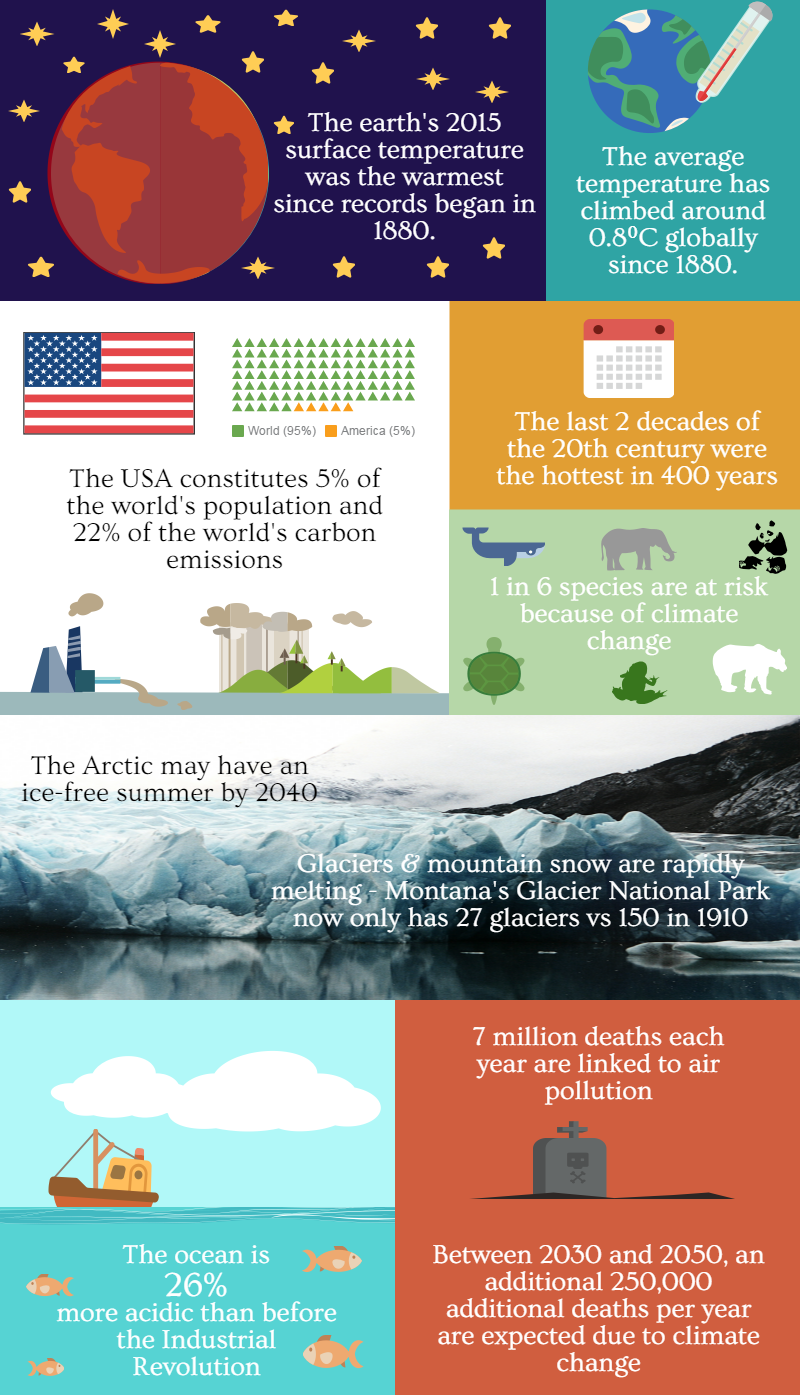The Intergovernmental Panel on Climate Change (IPCC) has concluded that it is more than 90% probable that Greenhouse Gas (GHGs), such as carbon dioxide, methane and nitrous oxide produced by human activity, have caused much of the observed increase in the earth’s temperature over the past 50 years. Evidence of the increased surface temperatures can be seen visibly across the globe from loss of sea ice and higher sea levels to extreme weather events such as droughts, wildfires and floods.

On the 12th December 2015, 195 nations at the UN Climate Change Conference (COP21) in Paris adopted the first ever universal, legally binding global climate deal called the Paris Agreement. This agreement picks up where the Kyoto Protocol left off. As a universal climate deal this signals to the global financial and energy markets the heightened move away from investment in fossil fuels as primary energy sources and a more hastened approach towards zero-carbon energy. The Paris Agreement will become legally binding from 2020 on all parties that ratify it, and the EU is expected to ratify it on behalf of member states.
The aims of the agreement include:
- Strengthening the ability to deal with the impacts of climate change.
- Keeping the temperature rise well below 2 degrees Celsius and to drive efforts to limit the temperature increase even further to 1.5 degrees Celsius above pre-industrial levels.
- A global transition to clean energy and a shifting away from polluting fossil fuels.
The main outcomes of The Paris Agreement and the outcomes of UN Climate Conference (COP21):
- Mitigation: Reducing emissions fast enough to achieve the temperature goal.
- A transparency systems and global stock-take: Accounting for climate action.
- Adaptation: Strengthening ability of countries to deal with climate impacts.
- Loss and damage: Strengthening ability to recover from climate impacts.
- Support: Including finance, for nations to build clean, resilient futures.
188 countries will continue to submit updated Climate Plans (Nationally Determined Contributions) every five years. These plans will detail their future objectives to address climate change. The Climate Plans will dramatically slow the pace of global GHG emissions and work towards defining a clear roadmap on ratcheting up climate finance to USD 100 billion by 2020.
Under the new Paris Agreement, international co-operation on climate safe technologies and building capacity in the developing world to address climate change will be significantly strengthened.
Following the adoption of the Paris Agreement by the Conference of Parties, it will be deposited at the UN Headquarters in New York and will be opened for one year for signature on the 22nd April 2016. The Agreement will enter into force after 55 countries that account for at least 55% of global emissions have deposited their instruments of ratification.
Furthermore, The International Standards Organisation (ISO) and the Greenhouse Gas Management Institute (GHGMI) held a panel discussion on the side-lines of the Paris talks. The ISO is looking to develop new climate standards to address important new areas of climate neutrality and resilience. Over the past 18 months they have received a large number of requests for new climate change standards. This comes as a result of the publication of the new environmental management system standard ISO 14001:2015 and enquiries are also driven partly by increased awareness of the impacts of climate change.
Reduction of GHGs will be a global effort that transcends individual nations and governments. Approximately, 40,000 entities around the world already quantify and report GHG emissions to comply with government regulations and participate in emissions trading markets or to demonstrate leadership in corporate social responsibility. The Paris Agreement will be the greatest test of international collaboration that requires standards and common practices for the greatest effect in limiting the impact of climate change on the whole world.
Sources


